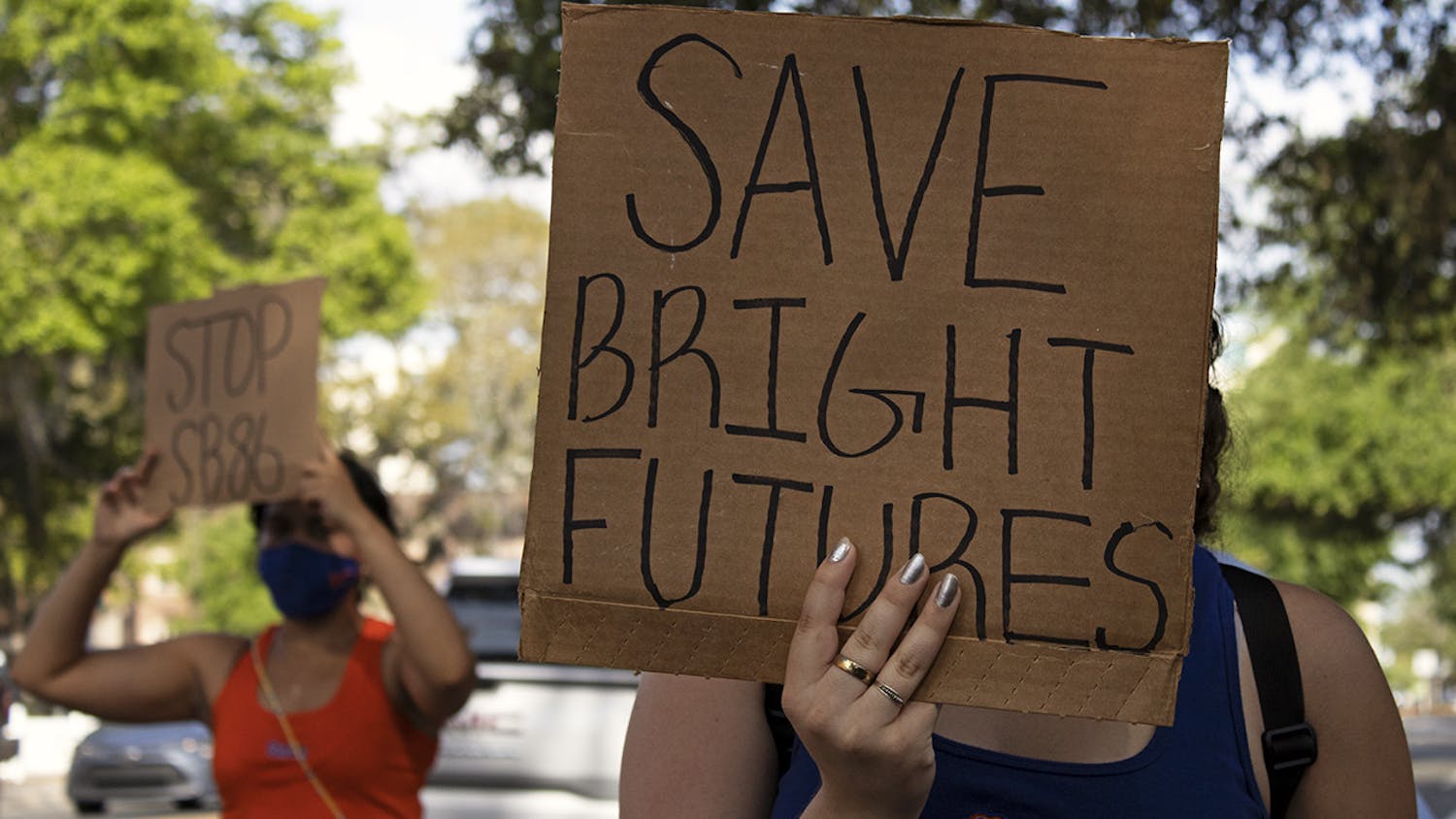Here’s the video Google is using to promote its Google Docs service, a sort of online version of Microsoft Office:
In the video, a guy named Michael is writing a love letter to Jessica, a girl he met in French class, using Google Docs’ word processor. It’s an awkward, overwritten mess—complete with a center-aligned quote from Shakespeare, a bulleted list of possible first date activities, and eight lines explaining what days he has free.
Luckily, Michael is aware that he needs help, so he sends the letter to his friend Alex for some advice. Alex adds an annotation, passes it along to another friend, who makes some revisions of her own before passing it along to another friend, and soon enough, half a dozen of Michael’s buddies are editing the letter together online.
After trimming the letter to two sentences, one of Michael’s friends mischievously sends Jessica the letter—who “edits” the letter to say, “Yes, but next time ask me in person.” The last shot is a dorky fist-pump from Michael.
This video appears on the Google Docs home page, and as far as online promotional videos go, it’s pitch perfect.
Companies promoting tech products, including online services like Google Docs, generally have two main tasks to accomplish in their advertisements: First, they have to show off the features of their product in a way that’s understandable; and second, they have to show the product in the context of people’s lives—essentially, humanize the product.
This video does both, with aplomb.
The former is obvious: Instead of having to email around a single Word document, or having to merge a bunch of independently-edited revisions together and manage which is the most recent version, Google Docs seeks to streamline the process by facilitating collaboration between different users. Which is good, if not particularly compelling.
But the latter is what makes the video special. Michael’s cadre of friends editing his love letter is reminiscent of a group prep session over lunch. And while it’s hard to convey warmth through a series of screenshots, Michael’s friends’ (sometimes blunt) suggestions add a surprisingly human touch to what is really just an online word processor.
Also impressive is the attention to detail: Michael’s original letter is actually pretty funny, and it’s worth pausing the video between 0:03 and 0:13 to read it all (on Michael’s list of possible first dates: “Playing any of an assortment of MMORPGs” and “a tour of the Computer History Museum”).
Most strikingly, the video is remarkably sincere. This video in particular is directed toward college students (the URL at the end of the video directs viewers to docs.google.com/college), and “directed toward college students” is far too often shorthand for “douse the ad with smug, smirky irony.” But a bunch of ads—from beers to beef jerky—already do that, and the result is a cacophony of insincerity.
Here, we see a guy who needs a little help romantically, friends who are willing to provide assistance, and a girl who seems to be kind-hearted enough to give the guy a chance. It’s quirky-cute, it’s unabashedly sweet, and it stands out.
It’s tough to humanize tech—technology products often seem cold, complicated, sterile, and utilitarian, and it’s easy for such attempts to come across as creepy and weird. But Google has the right idea: Reminding us that tech often doesn’t help us do new things; it just helps us do old things in new ways.
And reminding us that, yes, World of Warcraft is probably a terrible idea for a first date.




